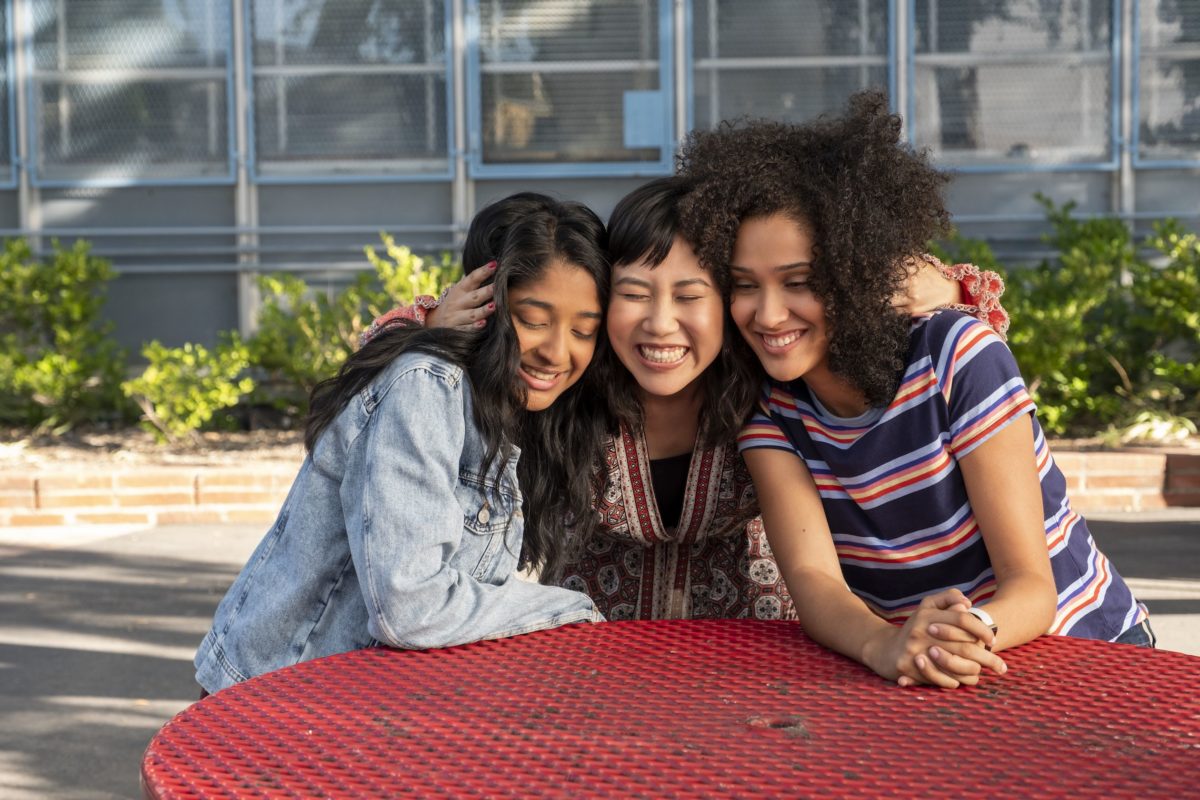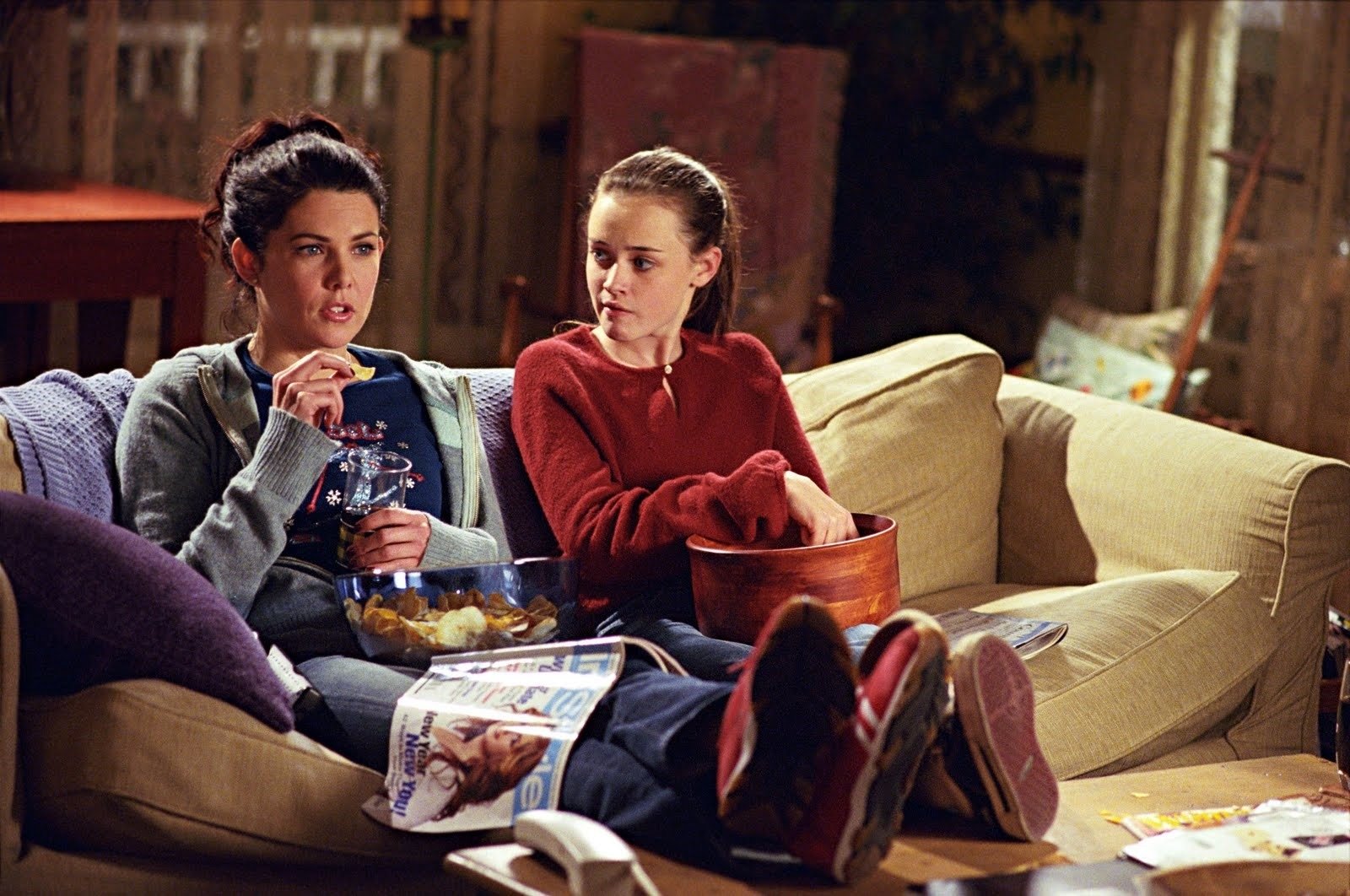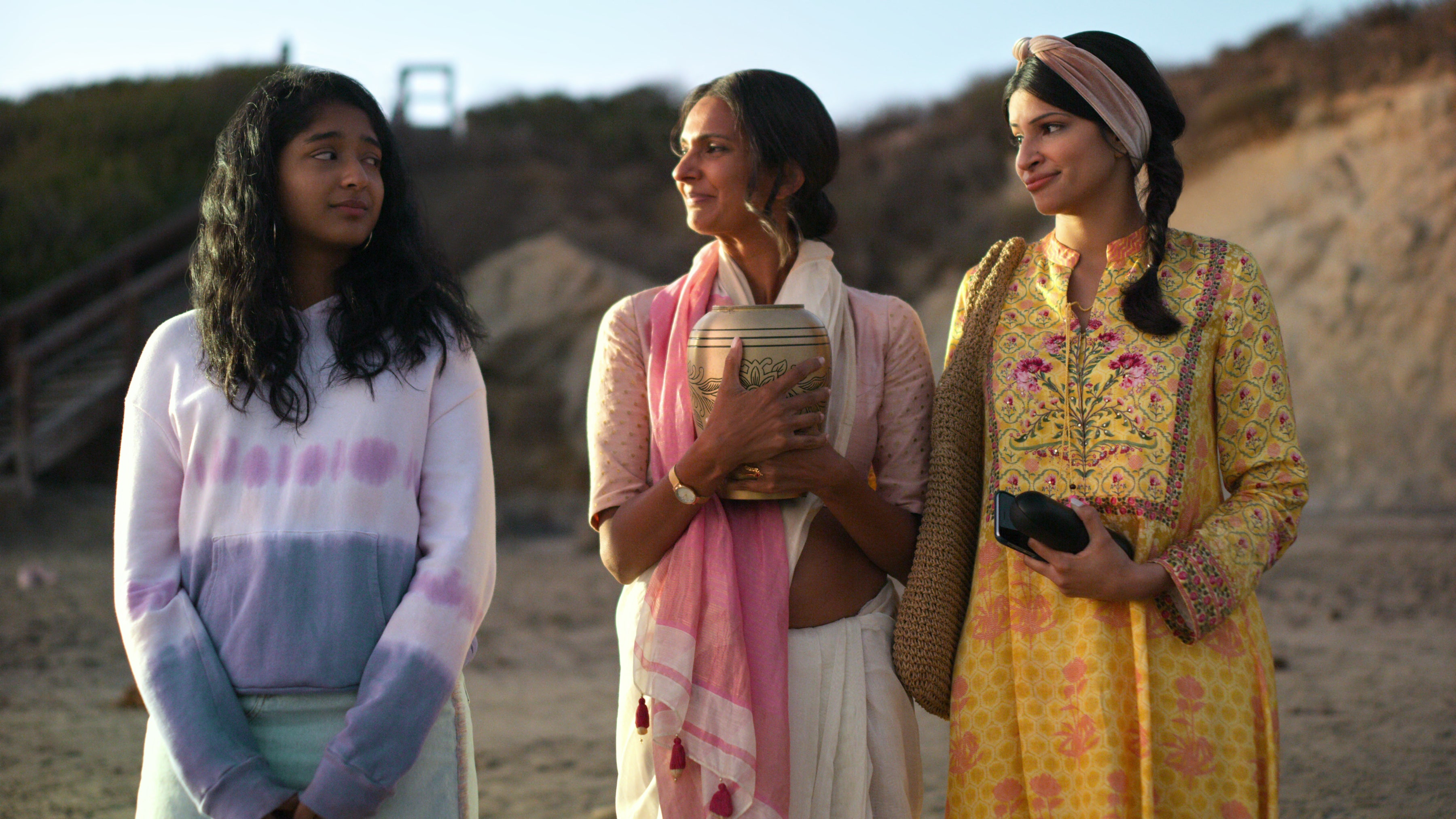If you’re anything like us, the last couple of months have consisted of baking, working from home, online classes and Netflix.

It’s no surprise, really. Netflix has been the saving grace of all our lives. Watching “Gilmore Girls” on repeat? Why not?! Sinking your teeth into “The Vampire Diaries?” Who could say no? Bingeing the alarmingly ridiculous “Riverdale?” Well, there’s nothing else to do! Even the brilliant “Dead To Me” starring the mesmerising Christina Applegate, Linda Cardellini and the ever-so-handsome James Marsden? Yes, please!

Well, Netflix really is the gift that keeps on giving because on the 27th of April, Mindy Kaling’s phenomenal, diverse, cringey-but-in-a-good-way, heartfelt show “Never Have I Ever” dropped.
The show centers around 16 year old American Indian Devi Vishwakumar, who is navigating the loss of her father, the realisation that she isn’t ‘cool,’ her crush on the gorgeous Paxton Hall-Yoshida, AND the ultimate high school goal: losing her virginity.
When her crush is this good looking, well, who can blame her?

The perfection of “Never Have I Ever” is that unlike its counterparts “Gossip Girl”, “Riverdale” and “To All The Boys I’ve Loved Before”, Paxton Hall-Yoshida isn’t the main plot-line. Neither is Devi. We get to hear from her friend Eleanor Wong whose mother has abandoned her, Fabiola who’s coming to terms with her sexuality, and her arch-nemesis Ben Gross.
Devi’s Southern-Indian culture and her spirituality features heavily, and we are so here for the #BrownGirlComeUp. Too often we see Brown women relegated to the stereotype of ‘innocent,’ ‘prepared for marriage’ and having ‘no interest in anything other than pleasing their parents.’ Despite familial restrictions, Devi explores her sexuality, her identity and her mental health safely. The representation and diversity in “Never Have I Ever” is truly one of the best parts of the show.

“Never Have I Ever” is everything one could hope for in a television show based on teenagers. It’s morally aware, explores the complexities of identity, relationships, sexuality, family and friends. Netflix are usually pretty good at getting diversity and representation right, and hopefully its success will generate a new future of media that does the very same.
So, here’s to Netflix: the gift that keeps on giving.
Subscribe to FIB’s Weekly Alchemy Report for your weekly dose of music, fashion and pop culture news!






